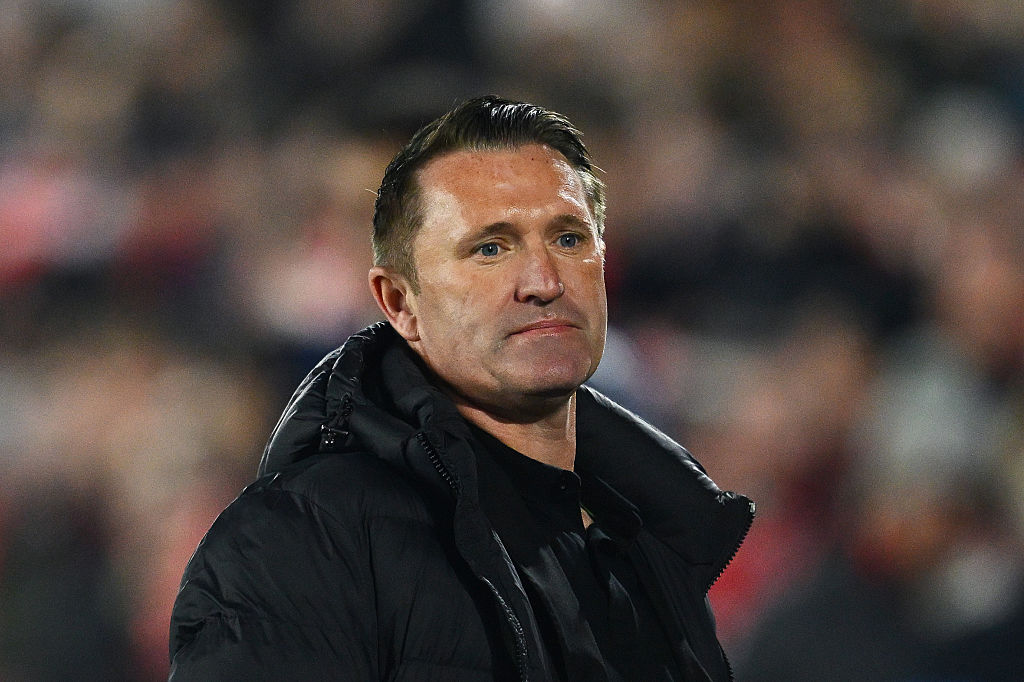11 lesser-known Ballon d’Or winners
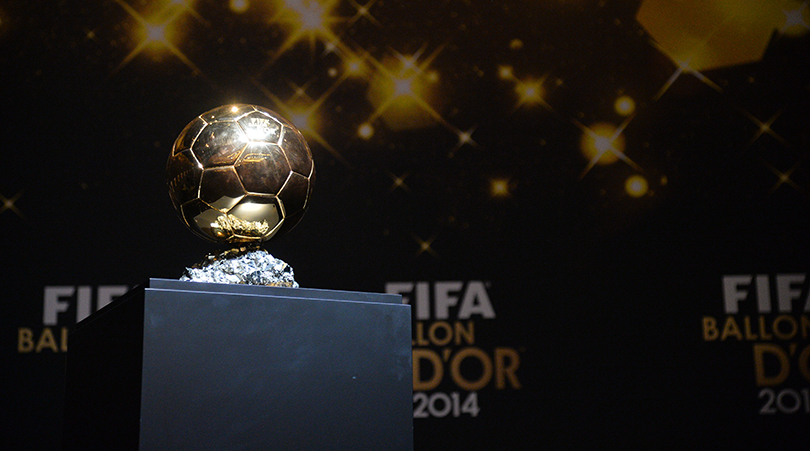
Did you know these guys won the Ballon d'Or?
The list of players to lift the Ballon d’Or is as sparkling as you’d expect: Messi, Cruyff, Ronaldo, Beckenbauer, the other Ronaldo, Di Stefano, Platini, Van Basten, Eusebio, Zidane and others.
But there are also some less heralded names who have been given the gong. That’s not to say these are poor players, but they’re the names who’d have you pounding the table in the pub quiz. So, which of these did YOU know had been named top boy?
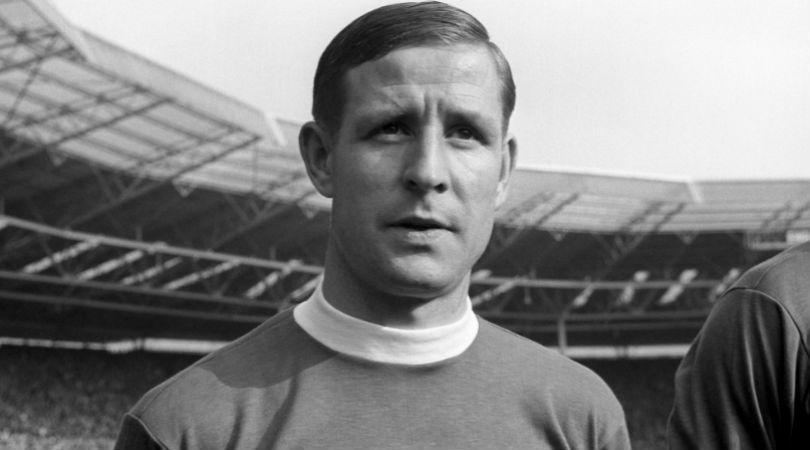
Raymond Kopa (1958)
Born in the French city of Angers in 1931, Kopa began his career with his boyhood club but made a name for himself at Reims, the Ligue 1 outfit for whom he signed at the age of 20.
A fleet-footed playmaker who was almost impossible to dispossess, Kopa was the main man in the Reims sides which won league titles in 1953 and 1955, before helping the club to the European Cup final in 1956. Real Madrid, who ran out 4-3 winners in the Paris showpiece, promptly brought Kopa to the Spanish capital after witnessing his talent first-hand.
After coming third in the Ballon d’Or vote following success in both La Liga and the European Cup in his first season at the Bernabeu, the Frenchman beat runner-up Helmut Rahn by 31 votes after winning the same two trophies in 1958.
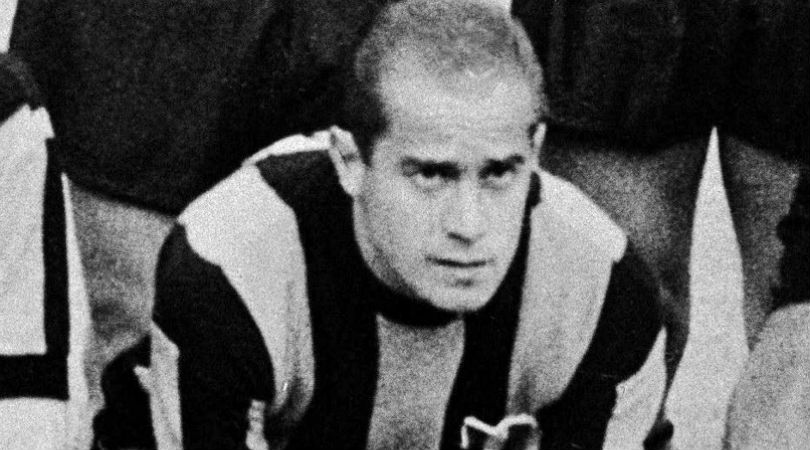
Luis Suarez (1960)
No, not that one. Long before the Uruguayan striker was tormenting opposition defenders at Ajax, Liverpool or Barcelona, his non-related namesake was crowned the world’s best player (an award which has hitherto eluded the younger Suarez).
After single-season spells with Deportivo La Coruna and Espana Industrial, the Spanish midfielder was snapped up by Barcelona in 1955. Playing alongside the likes of Laszlo Kubala and Sandor Kocsis, Suarez won La Liga in 1959 and 1960, scoring 13 goals in the latter campaign to claim the Ballon d’Or ahead of Ferenc Puskas and Uwe Seeler.
He went on to enjoy even greater success at Inter, winning three Serie A titles and two European Cups, but was never able to get his hands on another Ballon d’Or, finishing second in 1961 and 1964, and third in 1965.
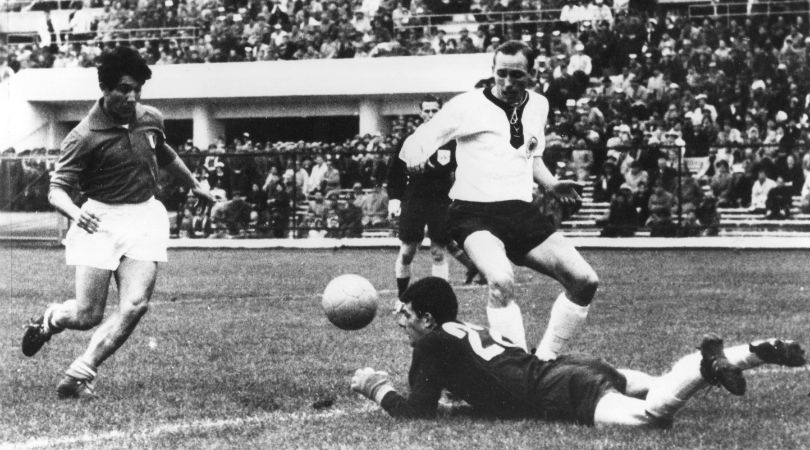
Omar Sivori (1961)
When Sivori scooped the prize in 1961, he was the first winner in four years not based in Spain: over the next seven years, players in six different countries would take the award. Born in Argentina, Sivori swapped River Plate for Juventus in 1957, beginning an eight-year spell with the Italian giants which brought him three Serie A winner’s medals – not to mention the honour of being voted the planet’s best player.
The striker found the net 25 times in 27 league games for the Bianconeri in 1960/61, with Carlo Parola’s charges – who, in John Charles and captain Giampiero Boniperti, counted two more exceptional attackers among their number – finishing four points clear of Milan at the top of the table. Inter’s Luis Suarez put up a stiff challenge, but Sivori’s 46 votes saw him collect the coveted award.
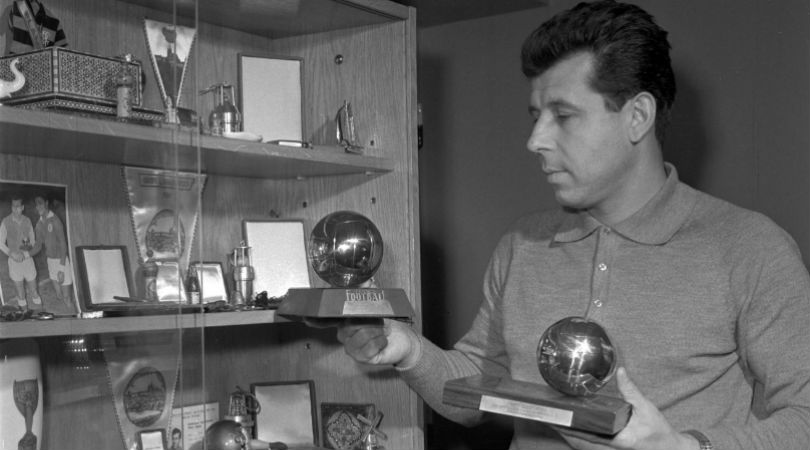
Josef Masopust (1962)
Pavel Nedved, winner in 2003, isn’t the only Czech footballer with a Ballon d’Or to his name. Masopust attained the accolade 41 years earlier, fighting off competition from Eusebio and Karl-Heinz Schnellinger after a magnificent season with Dukla Prague and the national team.
A midfield all-rounder who contributed in both phases of the game, Masopust helped to break up play in the centre of the pitch before starting attacks with his superb range of passing. The former FK Teplice man helped Dukla to the league title in 1962, but his standout achievement was starring in Czechoslovakia’s run to the World Cup final in Chile.
Masopust played every minute of every game as Rudolf Vytlacil’s side squeezed past Spain and Mexico in the group stage and beat Hungary and Yugoslavia in the knockout rounds, before giving the Czechoslovakians a surprise but futile lead in the final against Brazil.
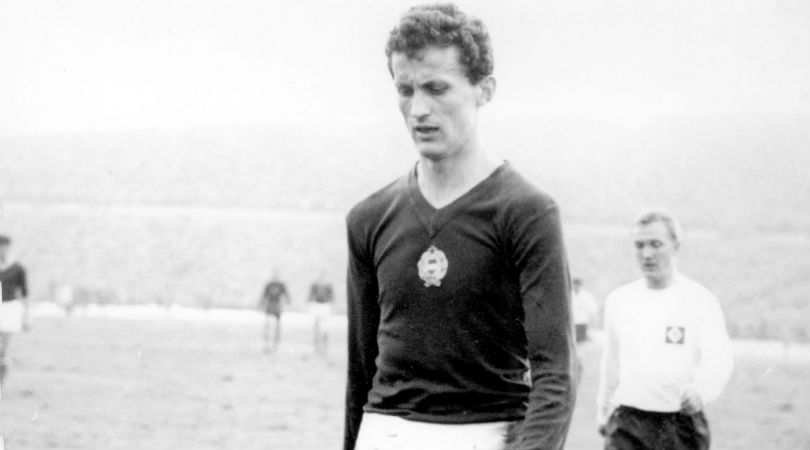
Florian Albert (1967)
The only Hungarian to have won the Ballon d’Or isn’t Ferenc Puskas, Sandor Kocsis or Laszlo Kubala, but former Ferencvaros forward Albert. The one-club man saw off challenges from British duo Bobby Charlton and Jimmy Johnstone to get his hands on the trophy in 1967, despite the fact his team hadn’t even competed in that year’s edition of the European Cup.
It’s impossible to imagine a player being named the best in the world after only winning a Hungarian league title these days, but part of the reason for the recognition of Albert was his standout performances at the previous year’s World Cup. The free-scoring striker also scored more goals (28) than he played games (27) in the Hungarian top flight in 1967, which didn’t exactly harm his cause.
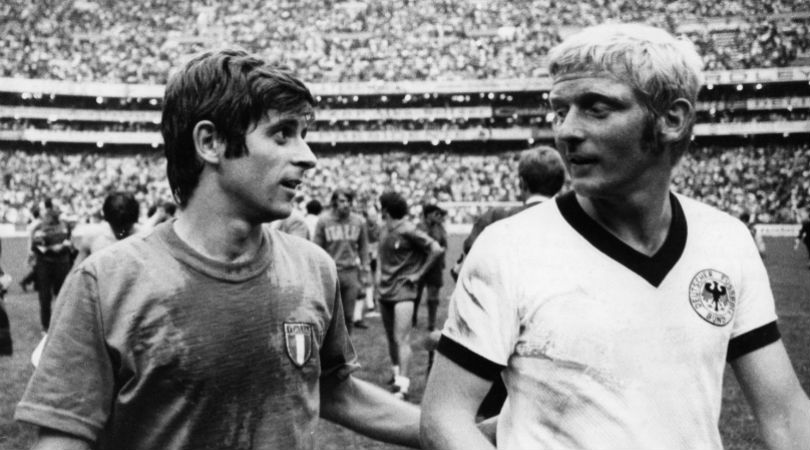
Gianni Rivera (1969)
Described by fans as Italy’s ‘Golden Boy’, attacking midfielder Rivera was responsible for putting Milan on the map as he helped the Rossoneri win the first two of their seven European Cups. He played football with the soul of an artist and possessed wonderful technique amid the height of Serie A’s Catenaccio era.
After starting his career with boyhood club Alessandria, Rivera crossed the Lombardy border to Milan. He finished runner-up for the Ballon d’Or in 1963 but went one better in 1969, when he won his second European Cup and the Intercontinental Cup. A year on and Rivera came within a whisker of becoming a world champion. Alas, a 4-1 defeat in the final to arguably Brazil’s finest ever team denied the Golden Boy his crowning glory.
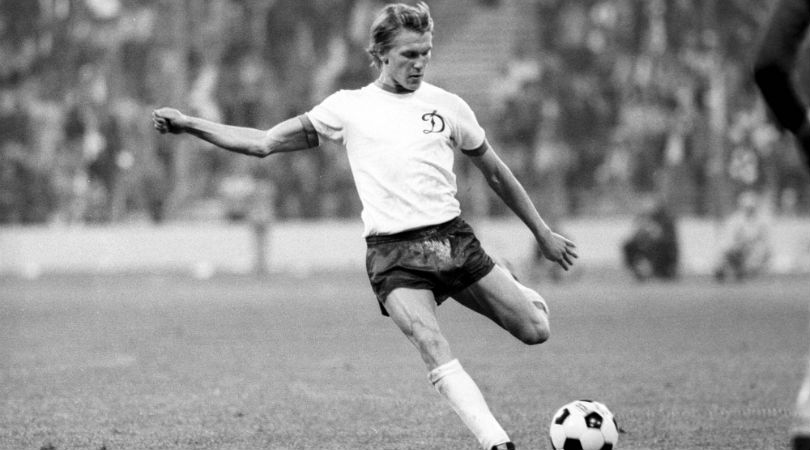
Oleg Blokhin (1975)
He may be better known these days for his nomadic managerial career, but back in the 1970s, Blokhin was quite the striker. Dynamo Kyiv’s key man amassed a staggering 266 goals across 18 years with the Ukrainian club. He won the Soviet League eight times and was announced his nation’s footballer of the year on no fewer than nine occasions.
As clinical as he was consistent, Blokhin also holds the record for most goals and appearances in the Soviet League. By 1975, he was undoubtedly at the height of his powers, with Dynamo winning the league, UEFA Cup Winners Cup, and the UEFA Super Cup. No wonder the hitman was named IOC European footballer of the season, before scooping the big one later that year.
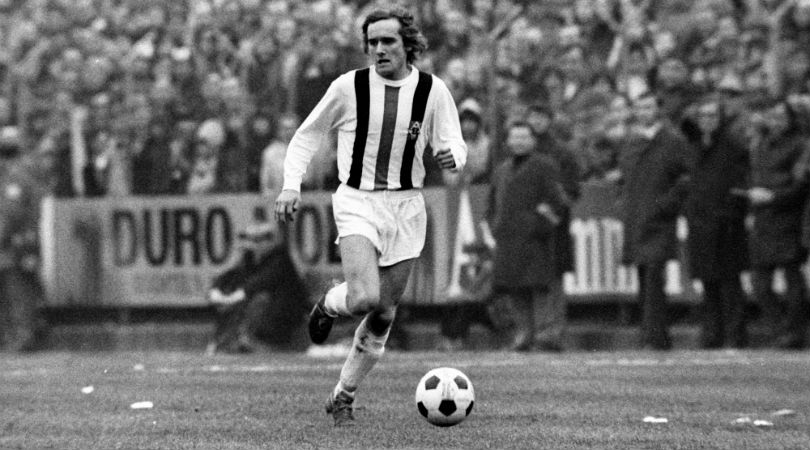
Allan Simonsen (1977)
The only player ever to score in each of the European Cup, UEFA Cup, and the Cup Winners’ Cup finals, Simonsen was Denmark’s first – and to date only – winner of the Ballon d’Or. Standing at just 5ft 5in, the quicksilver forward made his name in Germany with Borussia Monchengladbach and later earned a move to Spanish behemoth Barcelona, before enjoying a curious sojourn with Charlton Athletic.
He won three consecutive league titles in a Gladbach side famed for their attacking prowess and took the Bundesliga by storm. Their last title in 1977 marked Simonsen’s finest season as his club also made the final of the European Cup. They may have lost 3-1 to Liverpool, but the forward’s powerful long-range strike lives on in the memory and was enough to see him pip Kevin Keegan to that year’s Ballon d’Or.
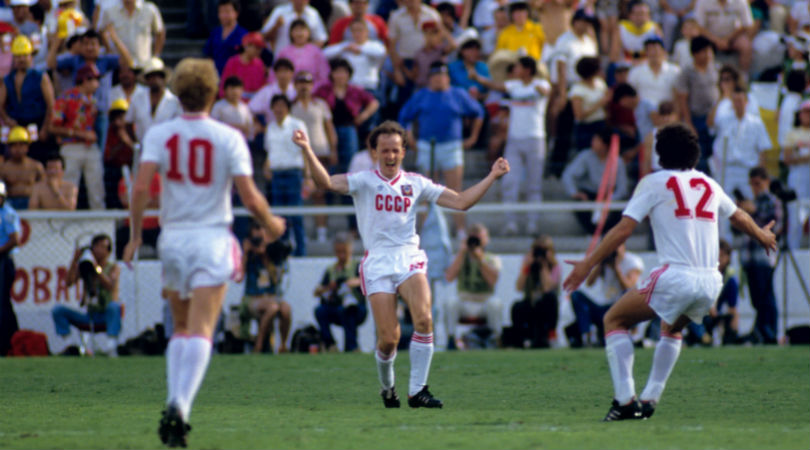
Igor Belanov (1986)
The Dynamo Kyiv attacking midfielder had a wonderful 1986 for many reasons. Playing at the fulcrum for both Dynamo and the Soviet Union, he won the Soviet League for a second year running and the UEFA Cup Winners Cup, striking 14 times from midfield and laying on plenty more assists.
Despite his sublime displays, Belanov reserved his best performances for that summer’s World Cup. Under the Mexican sun, the playmaker netted four times and assisted a further six before his nation’s extra-time elimination in the last 16: the Soviets eventually lost 4-3 to Belgium despite Belanov’s heroic hat-trick.
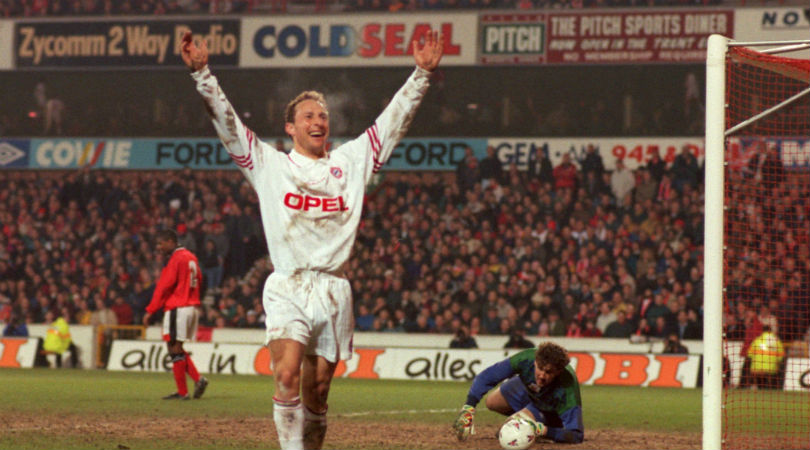
Jean-Pierre Papin (1991)
The legendary striker became the third Frenchman to lift the Ballon d’Or after Raymond Kopa and Michel Platini. Having averaged better than a goal every other game throughout a career spanning over 620 games, it’s fair to say Papin was one of the best forwards of his generation.
Known best for his time with Marseille, Papin also represented Milan and Bayern Munich – as well as being voted Club Brugge’s greatest ever foreign player (despite only spending one season there). In 1991 he won the third of Marseille’s four consecutive Ligue 1 titles and reached the final of the European Cup, agonisingly losing a penalty shoot-out to Red Star Belgrade. Papin also racked up an exceptional 30 goals in 54 appearances for the French national side and helped his country finish third at Mexico 86.
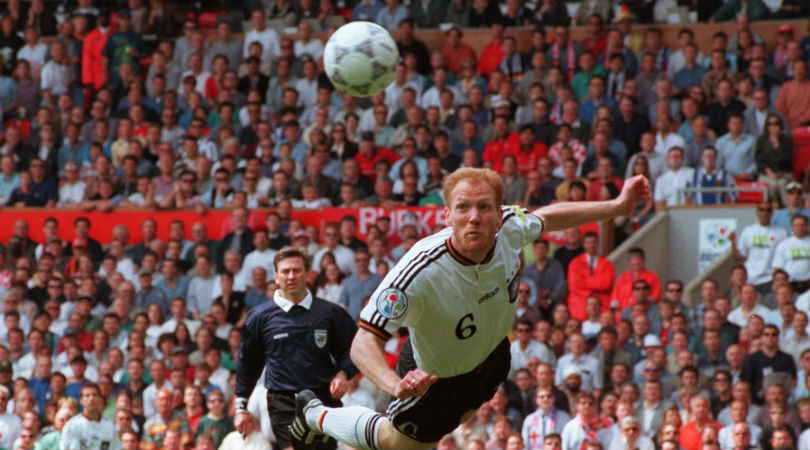
Matthias Sammer (1996)
It’s rare that a defender wins the Ballon d’Or: in 1996, Sammer was the first to do so since his legendary compatriot Franz Beckenbauer, 20 years previously. Sammer had spent much of his career as a defensive midfielder but was switched to a sweeper role by Borussia Dortmund coach Ottmar Hitzfeld in 1993. It proved a revelation.
He won back-to-back Bundesliga titles in 1995 and 1996, and captained Germany to Euro 96 glory. He retired in 1999 and is remembered as one of the game’s last great liberos. He went on to prove himself a pretty decent manager too, guiding his old club Dortmund to another Bundesliga crown as coach in 2002.
 Join The Club
Join The Club










